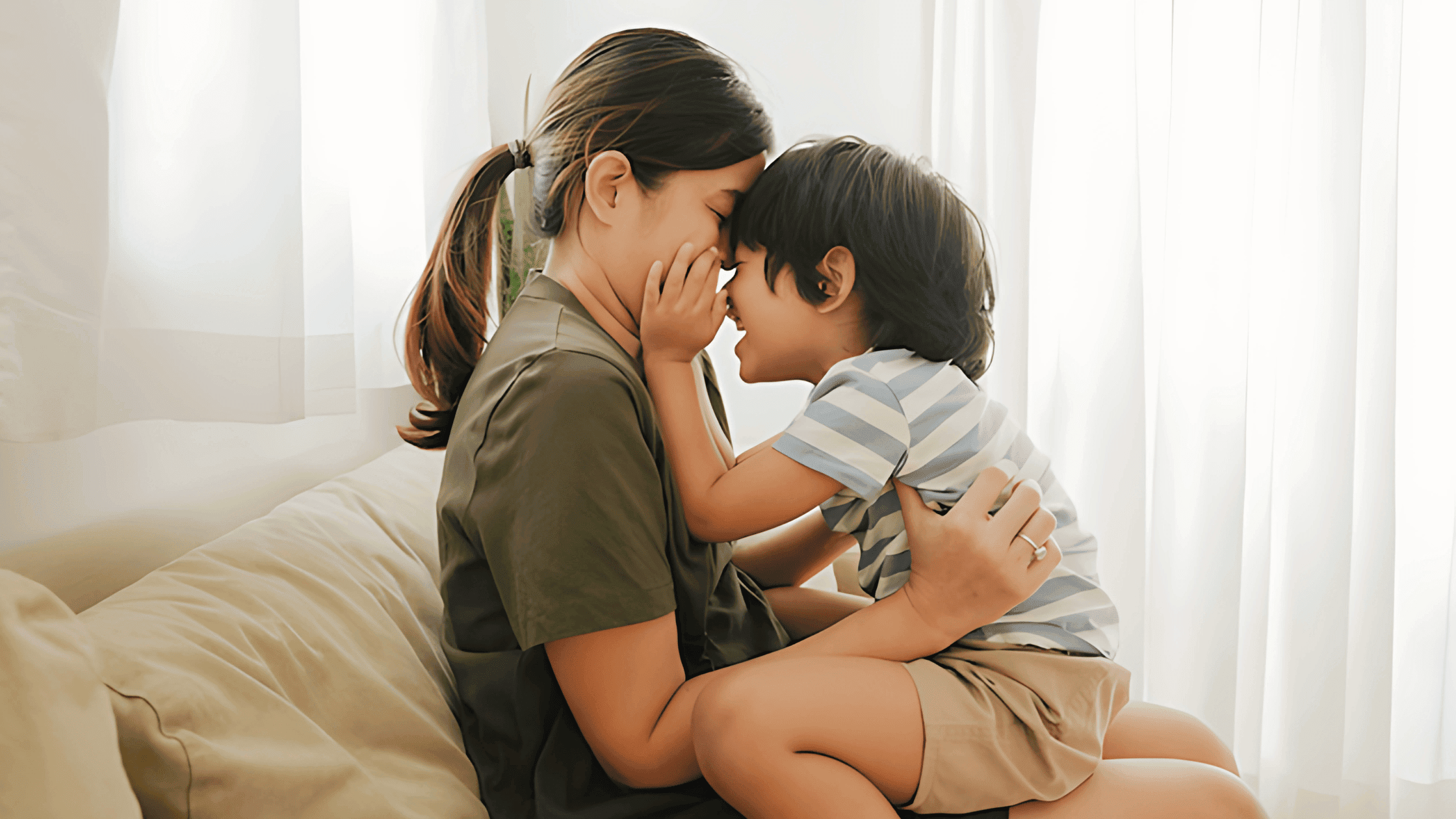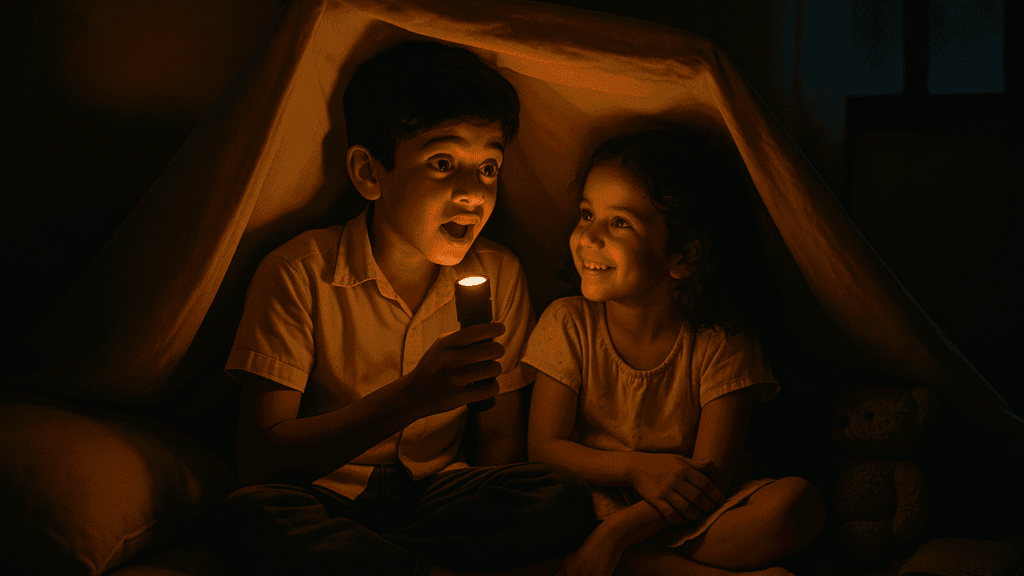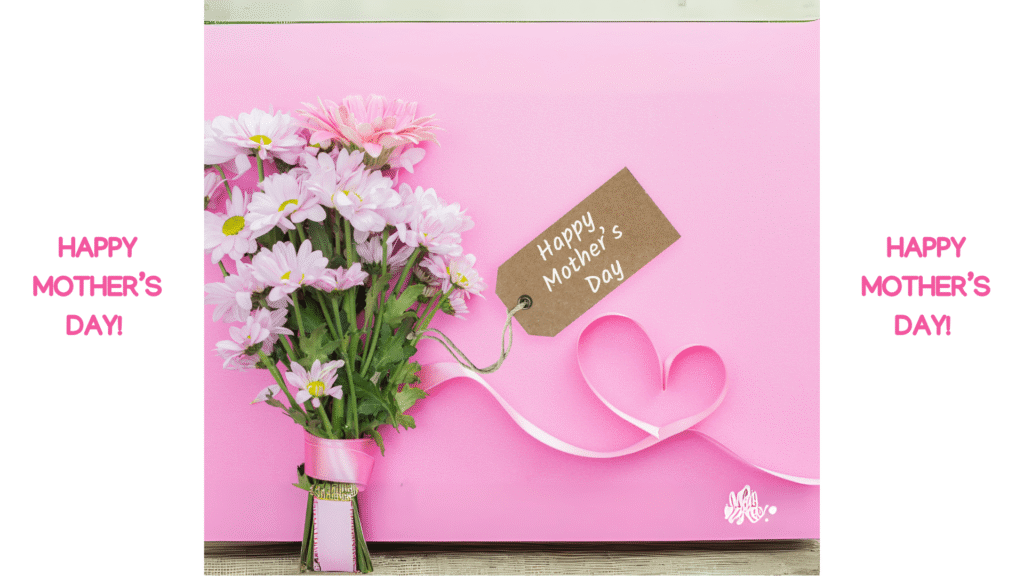Table of Contents
ToggleA compassionate exploration of unspoken Parenting Struggles
Do you ever feel deep guilt after yelling at your child, asking yourself, “Why did I do that?”
Have you ever promised yourself to stay calm, only to lose your patience within minutes?
Do you find yourself stuck in a loop of reactivity, guilt, and shame, wondering if you’ll ever be the parent you want to be?
If you whispered “yes” to any of these questions, I want to begin by telling you this:
You are not alone.
It is not your fault.
You are doing the best you can, with what you know and are capable of handling right now.
So, please read this article with self-compassion and kindness, because you deserve it just like your child and family.
Parenting is one of the most vulnerable and raw human experiences. It exposes our deepest love and sometimes our deepest fears, old wounds, and stress responses. Reactive parenting doesn’t mean you’re a bad parent. It means your system is overwhelmed, and your heart is longing for another way.
What Is Reactive Parenting, and Why Are We Stuck in Autopilot Mode?
Reactive parenting is when we respond to our children out of automatic emotional reactions such as yelling, snapping, threatening, shutting down, or withdrawing, instead of responding with intentional care and presence.
This autopilot parenting mode often takes over when we are:
- Overwhelmed, exhausted, or overstimulated.
- Carrying unprocessed emotions and stress from our own past.
- Trying to parent without having had secure, nurturing models ourselves and more.
The truth is, that our brain and body are designed to survive, not to stay calm at all costs. When we perceive a threat (Yes! A child’s tantrum, refusal, or big emotions can feel like a threat) and when we’re stretched thin, our survival brain takes control.
And so, we react. Not because we don’t love our children but because our nervous system doesn’t yet know how to do it differently at that moment.
Why We Can’t Just "Stay Calm"
Our nervous system holds the key to understanding reactive parenting.
When we are regulated, we can think clearly, listen patiently, and respond intentionally. However, when we are dysregulated, overwhelmed, anxious, or shut down, our body goes into survival mode, and reactivity takes over.
For many of us, this automatic reactivity is rooted in our own childhood where we may not have been given calm, safe, connected responses from our caregivers. Our nervous system learned to survive, not to thrive.
The Hidden Cost of Constant Reactivity on Parents' Mental and Physical Health
Parenting from a place of constant reactivity doesn’t only affect our children, it takes a deep toll on us:
- Chronic anxiety, depression, and emotional exhaustion.
- Physical symptoms like headaches, muscle tension, digestive issues, chronic pain, and autoimmune symptoms. (And, many more)
- Burnout and feeling disconnected from your own joy and identity.
You were never meant to parent in survival mode. Remember, you deserve healing too.
The Impact of Reactive Parenting on Children Why It Matters (With Compassion, Not Guilt)
Even though your reactivity is unintentional, it can shape your child’s development in profound ways:
- It teaches them what to expect in relationships, whether they are safe and loving or unpredictable.
- It can make them feel responsible for managing adult emotions, which is too heavy a burden for a child.
- It affects their ability to regulate their own emotions, as they are learning this skill from us.
And the list goes on, but I want you to hear this clearly; what matters even more than our mistakes is how we repair and reconnect.
What Is Secure Connection-Based Mindful Parenting?
Secure connection-based mindful parenting is about intentionally creating safety, love, and emotional connection with your child, even when they are at their hardest moments.
It’s not about being perfect or never feeling frustrated. It’s about regulating ourselves enough to respond with empathy and boundaries, and showing our children that their feelings are safe and welcome, and so are ours.
It means:
- Meeting your child’s needs for connection, even when setting limits.
- Repairing when we rupture connection through reactivity.
- Being a safe base for your child’s emotions, while taking care of your own inner world.
How to Transform from Reactive to Secure Connection-Based Mindful Parenting
First, I want to tell you that this is not an overnight transformation. It’s a daily practice. A series of small, intentional choices. You don’t have to be perfect, you only need to be willing to keep growing.
What Does It Really Mean to Shift?
- It means choosing connection and presence, even when your child is melting down.
- It means pausing to breathe when you want to yell and trying again.
- It means apologizing and repairing when you lose it because the connection is built in those moments too.
What It Looks Like in Real Life (Not the Instagram Version!)
- Take a deep breath and soften your tone when you feel like yelling.
- Saying “I’m here with you. I see this is hard.” when your child is overwhelmed.
- Saying “I need a minute to calm down, and then I’ll be ready to help.”
- Making eye contact, even kneeling to their level with young children, and showing them you are present.
- After a moment of reactivity, coming back and saying, “I’m sorry I shouted. You don’t deserve that. I love you and let’s work together and make it right.” (Here, it’s important to remember that the best apology is a change of action, otherwise, it becomes manipulation.)
Some Common Challenges You Will Face (And Why That's Normal)
- You will still react sometimes because you are human.
- Old patterns will pull you back because your brain and body learned them over the years.
- You may feel guilt and shame but those feelings are signs that you care.
- Your child may test boundaries as they adjust to this new way and that’s okay.
Remember, you are not failing when these things happen, you are growing.
How to Start: Small, Actionable Ways to Begin Today
Here are simple but powerful ways to start this journey even on hard days:
- Notice Your Triggers (With Kindness and self-compassion)
Instead of judging yourself, gently remind yourself: “That was a moment I felt reactive. What do I need right now?” - Regulate Your Nervous System
Before reacting, take a pause to calm yourself:- Place a hand on your heart and breathe deeply.
- Feel your feet on the ground and focus on the present.
- Step outside for a moment to get fresh air.
- Focus on Repair, Not Perfection
When you lose it, go back and rebuild the bridge:
“I’m sorry I yelled. I love you, and let’s make it right.” - Shift from Control to Curiosity
Instead of “What’s wrong with you?!”, try: “What’s going on inside for you right now?” - Build Small Moments of Connection Daily
Spend 10 minutes of focused, undistracted time with your child playing, cuddling, and talking. They may seem insignificant, but these moments create profound security beyond your imagination.
The Profound Impact of Secure Connection-Based Mindful Parenting
When you begin to shift from reactive patterns to secure connection-based mindful parenting, you’re not only changing your daily interactions, but you are shaping the entire emotional landscape of your family.
Here is what this transformation creates for your child, for you, and your family as a whole:
For Your Child
Emotional Safety and Trust in Relationships
When you consistently meet your child with connection and empathy, even when setting limits, you teach them that they are safe to be fully themselves. They learn that their feelings are valid, and they don’t need to suppress or hide who they are to be loved.
They grow up knowing: “No matter what I feel, I am safe and loved by my parents.”
This creates secure attachment, which is the foundation for healthy relationships throughout life.
Confidence and Resilience
Children who feel emotionally safe develop an inner sense of confidence. They know that they can face challenges because they are not alone, you are their secure base. Instead of feeling overwhelmed by big emotions or setbacks, they learn to navigate them, knowing you are there to guide and support them. Over time, this builds real resilience and the ability to bounce back from difficulties.
Learning Emotional Regulation Through Co-Regulation
Children don’t naturally know how to calm themselves, they learn it from us through co-regulation. When you soothe yourself and show them how to manage overwhelming emotions, their brain and nervous system are literally wired for calm, regulation, and safety.
Higher Self-Esteem and Inner Worth
When a child feels seen, heard, and accepted, even when they are struggling they develop a deep sense of worthiness. They internalize the message: “I am good enough. I am worthy of love.” This sense of worth protects them from toxic peer pressure, bullying, and unhealthy relationships later in life.
For You (the Parent)
More Peace and Emotional Presence
As you learn to regulate yourself and approach parenting with mindfulness, you will feel calmer and more in control of your emotions. Instead of feeling like you’re always “on edge,” you will begin to experience a sense of inner peace, even when things are challenging. Parenting will begin to feel more connected and less like a constant battle.
Healing Your Own Childhood Wounds
Many of us carry wounds from childhood, times when we weren’t heard, when we were punished for our emotions, or when we felt unloved. When you choose secure connection-based mindful parenting, you are not only nurturing your child, you are reparenting yourself. Every time you pause and respond with compassion, you are giving yourself what you may never have received, patience, empathy, and love. This is deeply healing, and it changes the story you’ve lived with for so long.
Rebuilding Your Confidence as a Parent
Reactive parenting often leaves parents feeling ashamed and doubting themselves. But as you take small steps toward connection-based responses, you will begin to feel proud of the parent you are becoming. You’ll realize: “I can handle this. I can be the parent my child needs.” Your confidence will grow, not because everything is perfect, but because you are showing up with love, courage, and consistency.
Greater Emotional Connection and Joy with Your Child
When you focus on connection, you will experience more moments of joy, closeness, and laughter with your child. The battles will lessen. The warmth will grow. You will start to see your child’s heart, not just their behaviors, and they will feel that deep down.
For Your Family as a Whole
A Home Where Love and Respect Are the Foundation
Secure connection-based mindful parenting creates a family environment where everyone feels respected, heard, and valued, including you. Conflicts don’t disappear, but they are handled with kindness and understanding, rather than yelling or withdrawing. Home becomes a place of safety and connection, a haven from the outside world.
Less Chaos and More Cooperation
When children feel secure and connected to us, they naturally want to cooperate more. Instead of constant power struggles, you will find more willingness to work together because they trust you and feel emotionally safe with you. Boundaries will still be necessary, but they will be respected more easily when your child feels respected too.
Breaking Generational Cycles of Hurt and Disconnection
When you choose to parent this way, you are breaking cycles of reactivity, control, fear, and emotional disconnection that may have been passed down for generations. You are teaching your child and even healing yourself that relationships can be built on love, trust, and safety, not fear or dominance. And this is perhaps the greatest gift you can give, a new legacy for your children and future generations.
Creating a Shared Language of Emotional Safety
As a family, you’ll develop shared ways of speaking and understanding emotions. Your child will learn how to say “I’m feeling upset, I need help calming down” because that’s what they’ve seen you, model. Imagine a home where emotions are safe, repair is normal, and love is unconditional. That’s the world you are creating together.
You Are Already Changing Your Family’s Story
If you’ve read this far, it shows that you are curious and searching for better approaches to parenting your child, you are already on the right path. Every small choice you make to pause, breathe, and respond with connection is a step toward a healthier, more loving relationship with your child and with yourself.
As I conclude this note, I gently invite you to remember;
You are enough, exactly as you are, at this moment.
You don’t have to do this perfectly to make a powerful difference.
And your child doesn’t need a perfect parent, they need a real, growing, loving one.
So, let’s keep walking this journey together with love, grace, and compassion.
With Grace and Gratitude,
Lux Hettiyadura
Parenting and Child Development Specialist












